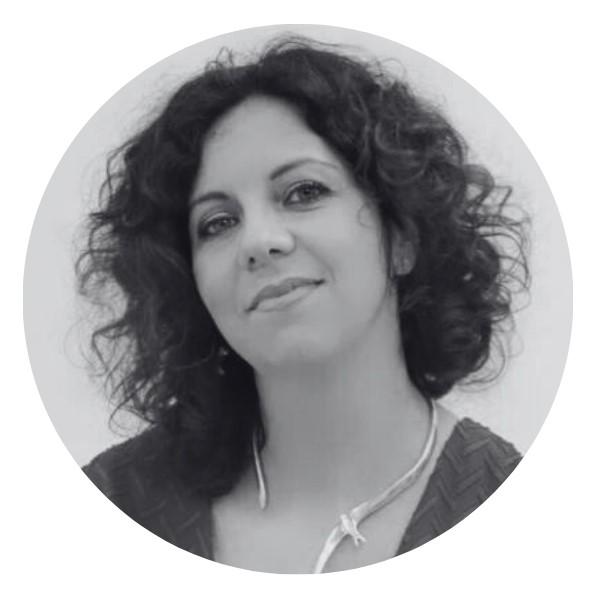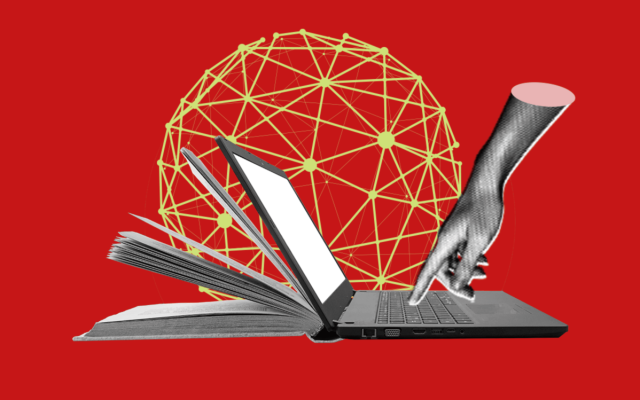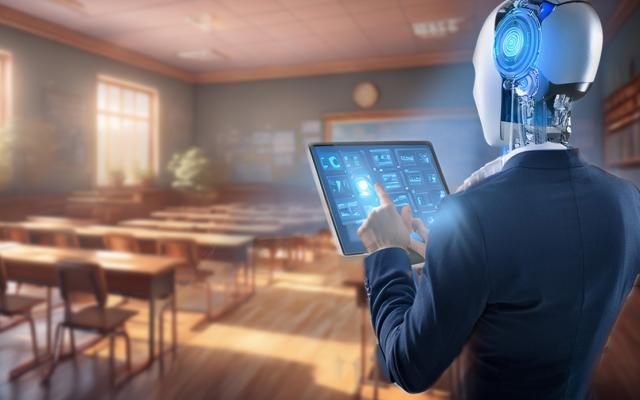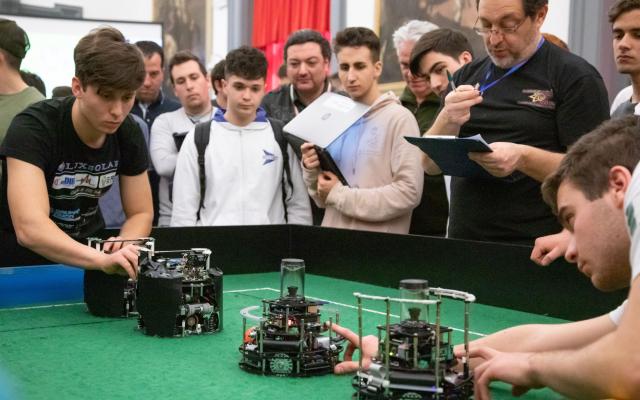Mihai Dragusanu speaks at the Rome Maker Faire tomorrow.
The Research Award has a virtuous domino effect that can drive the research activities of the winner. This is clear with Mihai Dragusanu, the winner of the second edition in March 2024. Mihai, who is an applied mechanics researcher at the Department of Information Engineering and Mathematical Sciences at the University of Siena, was awarded the prize for his modular exoskeleton for upper limbs. In the weeks following RomeCup 2024, the award drove various collaboration requests, including the interest of young researchers for their theses. Tomorrow, Mihai will present his work at the Rome Maker Faire in a workshop entitled "Bridging the Reality Gap: Can We Trust Upper-limb Exoskeletons in Clinical Practice?", organised by I-Rim [see programme].
Old and New Collaborations
“The wave of praise and compliments I received led me to reflect on how much I love my job and gave me the opportunity to further improve my network of contacts. I kept working on the Golden Tracksuit Project. Currently, the tracksuit glove has been lent to the French Naitonal Institute of Research (Centre National de la Recherche Scientifique, CNRS) to be tested on patients suffering from strokes who have lost use of a hand. The aim is to evaluate the ability of patients to open and close their hands with the glove. This will allow us to monitor if other areas of the brain are activated following the trauma and to possibly exploit these new areas of activation to improve their motor recovery through the exoskeleton. In the future, I would like to map these areas activated by glove movements. The initial results are promising.”
In the period following the award, media coverage also attracted the interest of many companies. Mihai was contacted by the BCC Bank to open up a start-up for the BCC Innovation Festival. Currently, this project is in stand-by (“I am concentrating on research”), but with the help of people he met at the festival, Mihai is exploring strategies to transform the project’s technical potential into real applications [see news: Mihai’s “Golden Tracksuit” at the Innovation Festival].
Another significant step after receiving the award was the work conducted with the research group at the University of Florence and the University of Rome - Tor Vergata. Indeed, collaboration extended to other universities. “Together we are creating the foundations for the first interuniversity centre on wearable robotics, dedicated to rehabilitation and assistance for the disabled and with a special focus on upper limbs. The centre will aim to create synergies amongst research centres, private companies, and the public health system, bridging the gap existing for the practical application of exoskeletons.” The idea will be presented at tomorrow’s workshop with the participation of other researchers from the Universities of Florence and Rome – Tor Vergata: Nicola Secciani, Chiara Brogi, Alberto Topini, Alessandro Ridolfi, Danilo Troisi, and Matteo Russo.
The Golden Tracksuit Moves On
“I have continued to study how to optimise the glove and have presented two different projects to international conferences. The first project, presented to the International IFToMM Italy Conference, explores the kinematic relation between soft actuators (Twisted String Actuators – TSA) and hand movements, while the second, presented at BioRob2024, concerns the integration of the glove with a hand tracing system and a user interface to monitor and control exercise. I was also invited as a speaker to the Efficient Actuation Principles and Bi-directional Energy Exchange in Human-Centric and Wearable Robotics Workshop, where I had the opportunity to present the golden tracksuit concept and the results of my research on exoskeletons,” adds Mihai.
Finally, testing has ended on the wrist area, another key component of the golden tracksuit. The work was transmitted to IEEE/ASME Transactions on Mechatronics, one of the most prestigious journals in the field of mechanical design. Mihai is currently developing an AI-enabledshoulder and elbow model that allows the golden tracksuit to “understand” the intentions of the patient.
While we were speaking, Mihai received news that he has become an associate editor of the ICRA International Conference on Robotics and Automation (the largest robotics conference) and that his doctoral thesis will probably be published!
Mihai is very focused and also participates in the ethical implications of technical-scientific innovation. He did not hesitate to sign the Manifesto for Collective Acxtion on Artificial Intelligence and Robotics, soliciting his colleagues to do so, too.

The interview was conducted by Onelia Onorati, Press Officer for the Fondazione Mondo Digitale.



